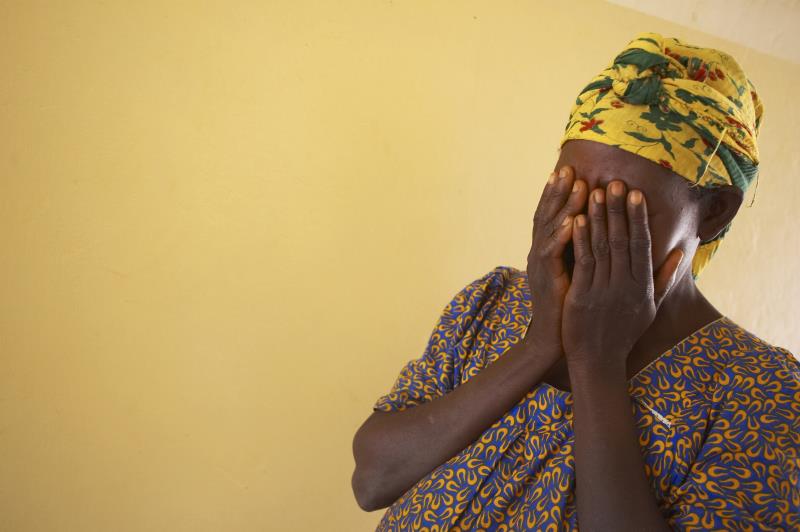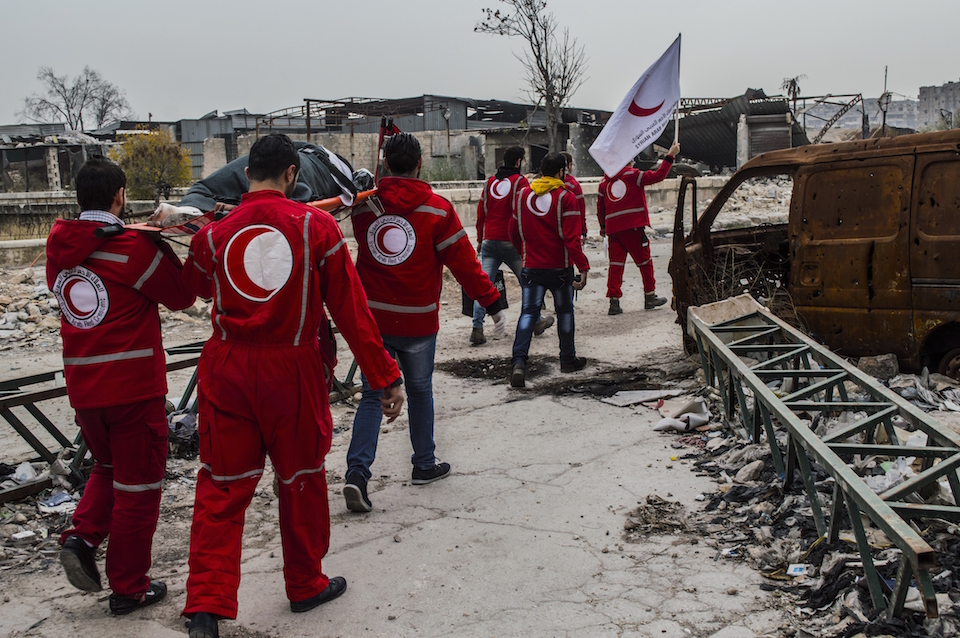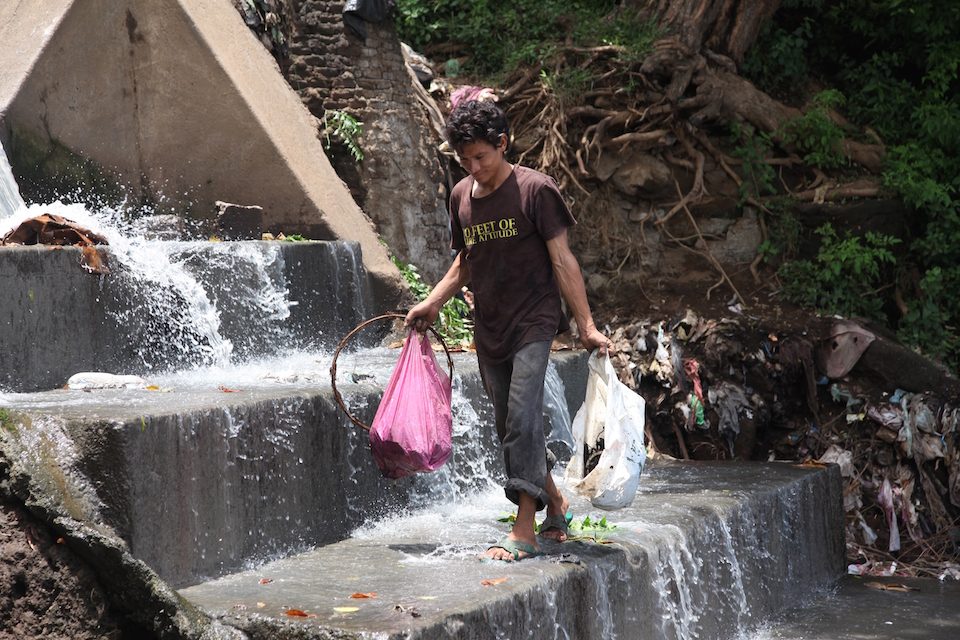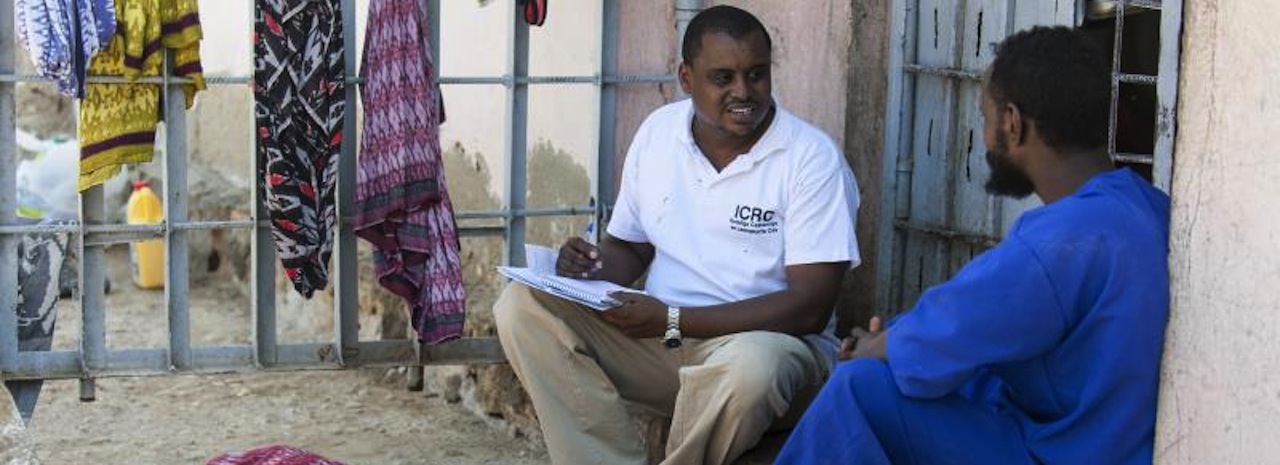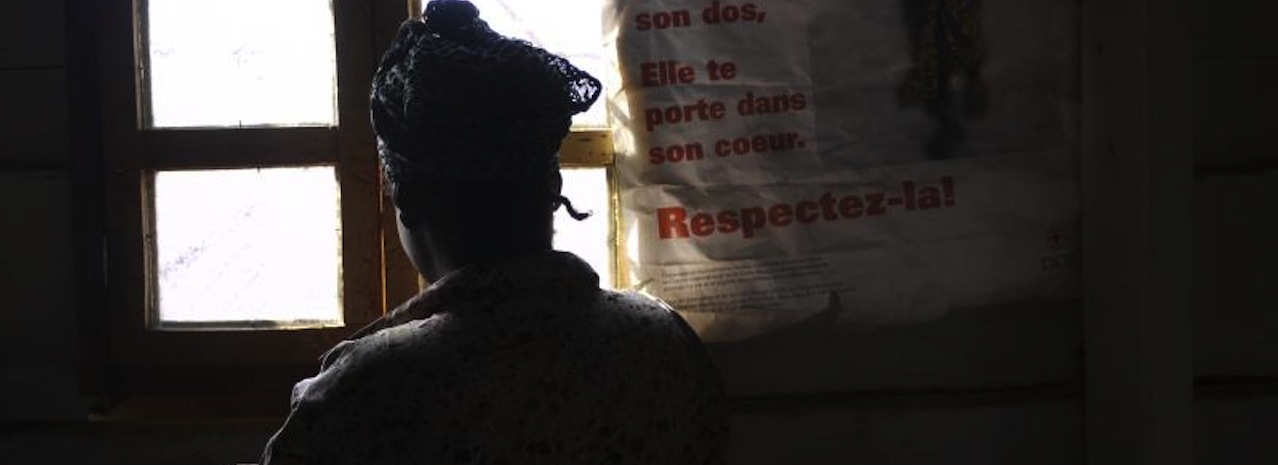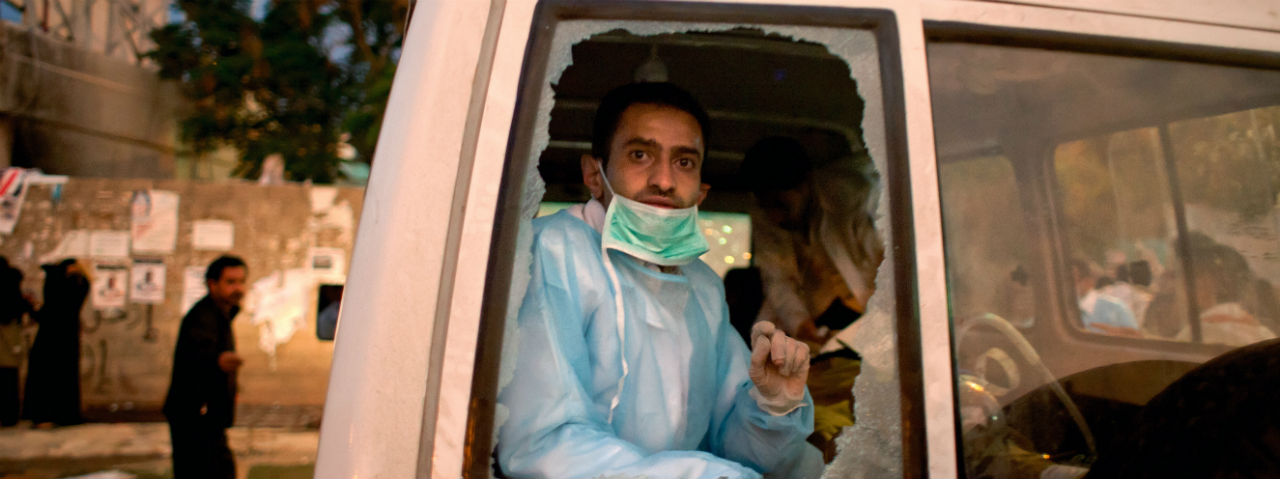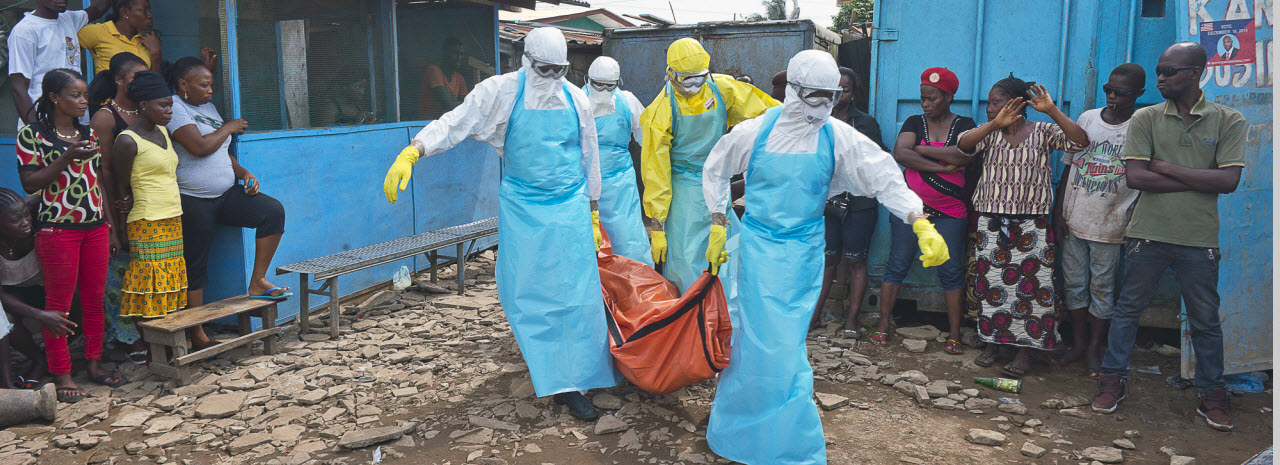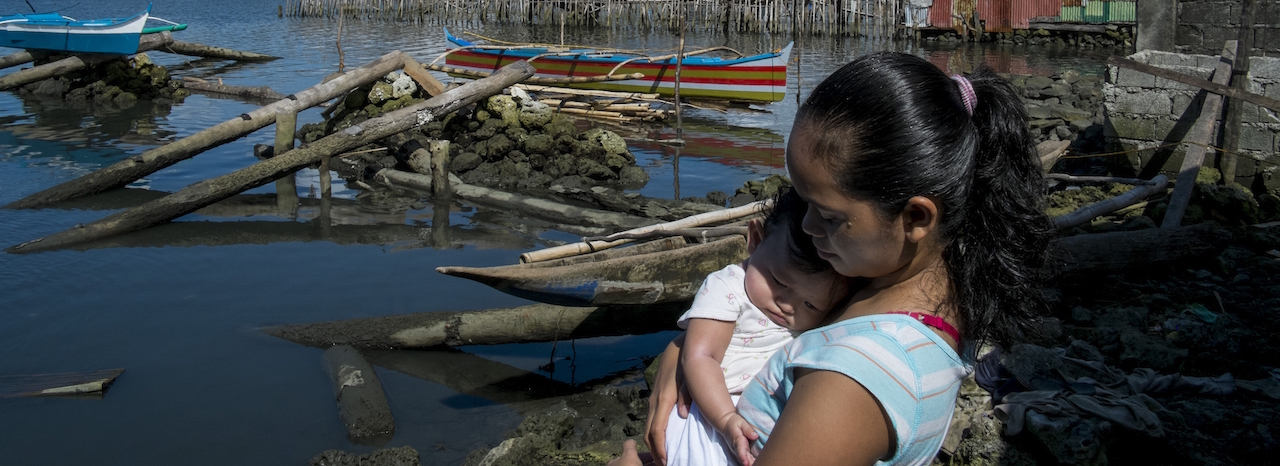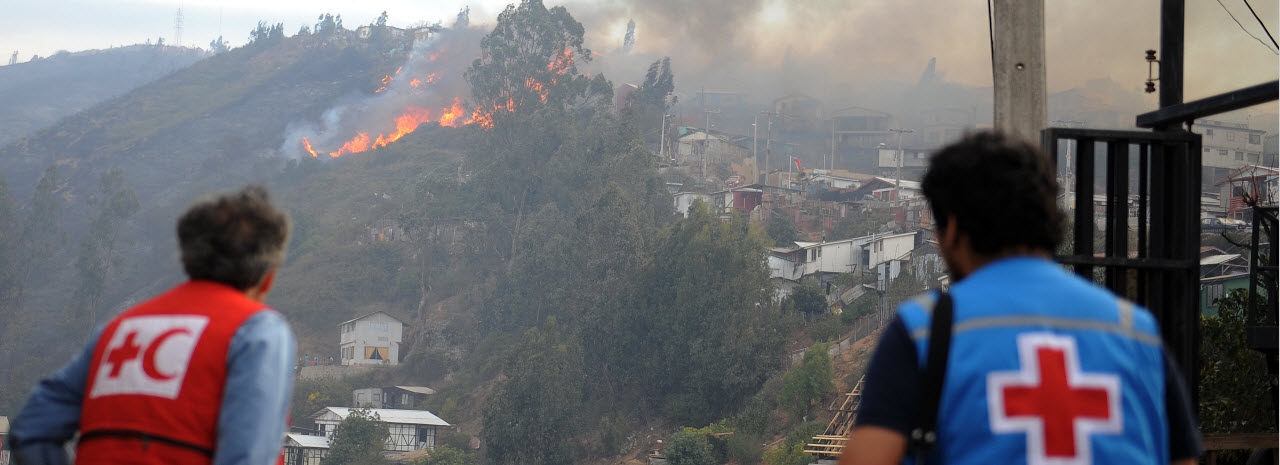The power of humanity
The 32nd International Conference marked the 50th anniversary of the proclamation of the Fundamental Principles of the Movement: humanity, impartiality, neutrality, independence, voluntary service, unity and universality.
These seven principles define the identity and distinctiveness of the Movement and help safeguard our capacity to perform our humanitarian mission. The application of the Fundamental Principles in our daily work is instrumental to our privileged access to people in need – they allow us to reach those that others cannot, and the principles are fundamentally lifesaving.
The Fundamental Principles in Action served both as an overarching theme for the Conference and were addressed substantively in the opening panel, commission, workshops, interactive exhibitions and personal testimonies examining:
- States’ commitments to ensuring that the Movement is able to work at all times in accordance with the Fundamental Principles in order to increase its acceptance, security and access to people in need, through the lens of operational dilemmas and good practices (such as the safety of personnel or the distinctive relationship of States with National Societies);
- the universality of Red Cross Red Crescent Fundamental Principles, as anchored in and embodied by locally relevant and meaningful values for volunteers and affected people; and
- the Movement’s leadership in principled humanitarian action and our distinctive identity through the practical application of these principles, which serves to anchor our local action in global solidarity.
Prevent and respond to violence
The Conference seeked avenues to advance the work of the Red Cross Red Crescent Movement at national and international levels to prevent and respond to violence through the power of humanity, in times of armed conflict, disasters, and other emergencies, wherever violence is found. This multidimensional theme includes protection and assistance to victims and vulnerable groups as well as violence prevention. Approaches examined will range from improving legal and normative frameworks to delivering community services and education.
Preserve safety and access to humanitarian assistance and services
The Conference addressed persistent threats to beneficiaries and humanitarian staff and volunteers, that hinder safe access to lifesaving assistance and services. The debate aimed to identify concrete steps that all Conference members could take to ensure that vulnerable people can benefit from health care and other humanitarian services in times of need.
Reduce disaster risk and strengthen resilience
Taking into consideration various global processes toward related post-2015 frameworks, the debate aimed to identify the Movement’s contribution to strengthening the resilience of communities to reduce natural or technological hazards so they do not lead systematically to disasters, with the associated loss of lives and livelihoods and erosion of development gains. In this context, the Conference referred specifically to urbanisation and climate change as two critical factors compounding the challenges faced by vulnerable communities.
As requested by previous resolutions, the Conference also received progress reports on a number of items, including: the 4-Year Action Plan for the implementation of international humanitarian law; Migration: Ensuring access, dignity, respect for diversity and social inclusion; and the implementation of the 2005 Memorandum of Understanding between Palestine Red Crescent Society and the Magen David Adom in Israel.


